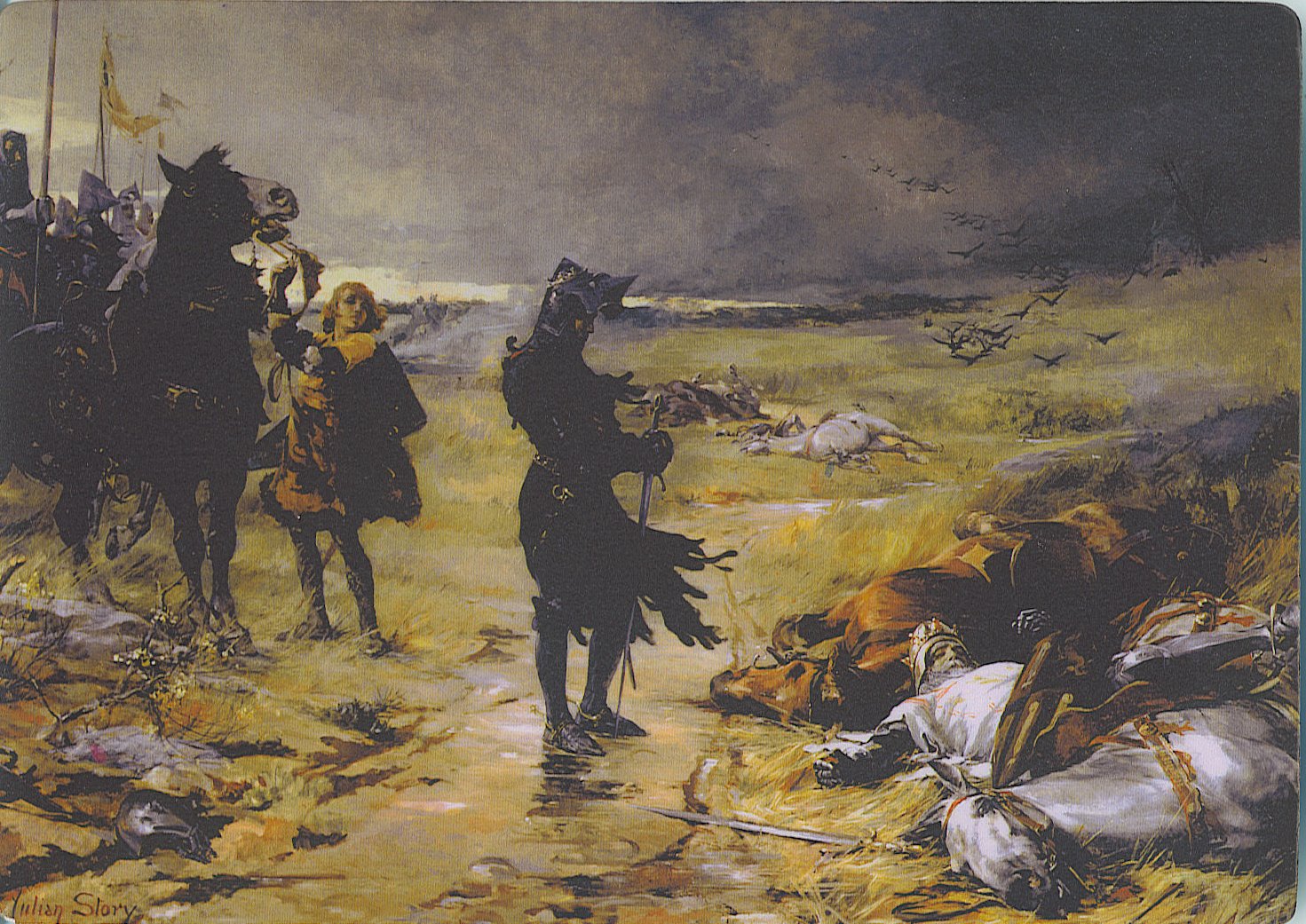|
Second Treaty Of London
The Treaty of London (also known as the Second Treaty of London) was proposed by England, accepted by France, and signed in 1359. After Edward the Black Prince soundly defeated the French at Poitiers (during the Hundred Years' War), where they captured John II of France, the French king was forced to accept the terms of the English. Based on the terms of the accord, England was permitted to annex much of western France, including Normandy, Anjou, Maine, Aquitaine within its ancient limits, Calais and Ponthieu, as well as suzerainty over the Duchy of Brittany. This would restore the ancient territories of Henry II, and in full sovereignty rather than as a fief. In addition, France would pay a ransom of four million écus for the king. However, the treaty was later repudiated on 25 May by the French Estates-General, which felt that too much territory was being relinquished. This resulted in a fresh English invasion by Edward III, marching from Calais in November 1359. Whi ... [...More Info...] [...Related Items...] OR: [Wikipedia] [Google] [Baidu] |
Edward The Black Prince
Edward of Woodstock, known to history as the Black Prince (15 June 1330 – 8 June 1376), was the eldest son of King Edward III of England, and the heir apparent to the English throne. He died before his father and so his son, Richard II, succeeded to the throne instead. Edward nevertheless earned distinction as one of the most successful English commanders during the Hundred Years' War, being regarded by his English contemporaries as a model of chivalry and one of the greatest knights of his age. Edward was made Duke of Cornwall, the first English dukedom, in 1337. He was guardian of the kingdom in his father's absence in 1338, 1340, and 1342. He was created Prince of Wales in 1343 and knighted by his father at La Hougue in 1346. In 1346, Prince Edward commanded the vanguard at the Battle of Crécy, his father intentionally leaving him to win the battle. He took part in Edward III's 1349 Calais expedition. In 1355, he was appointed the king's lieutenant in Gascony, a ... [...More Info...] [...Related Items...] OR: [Wikipedia] [Google] [Baidu] |
